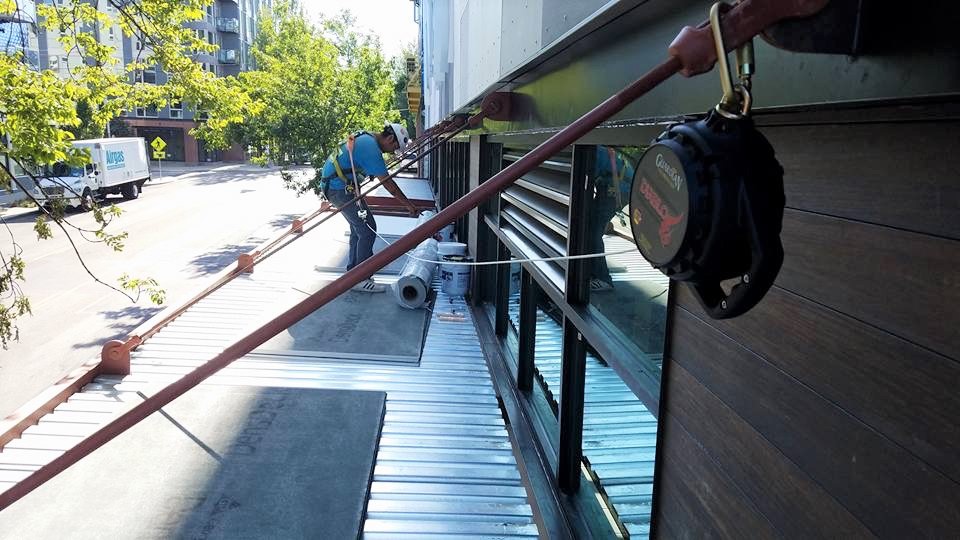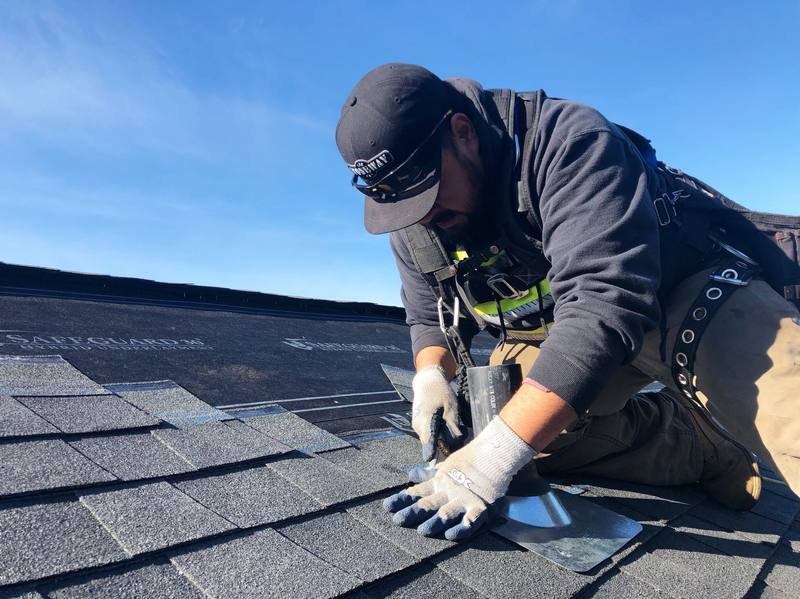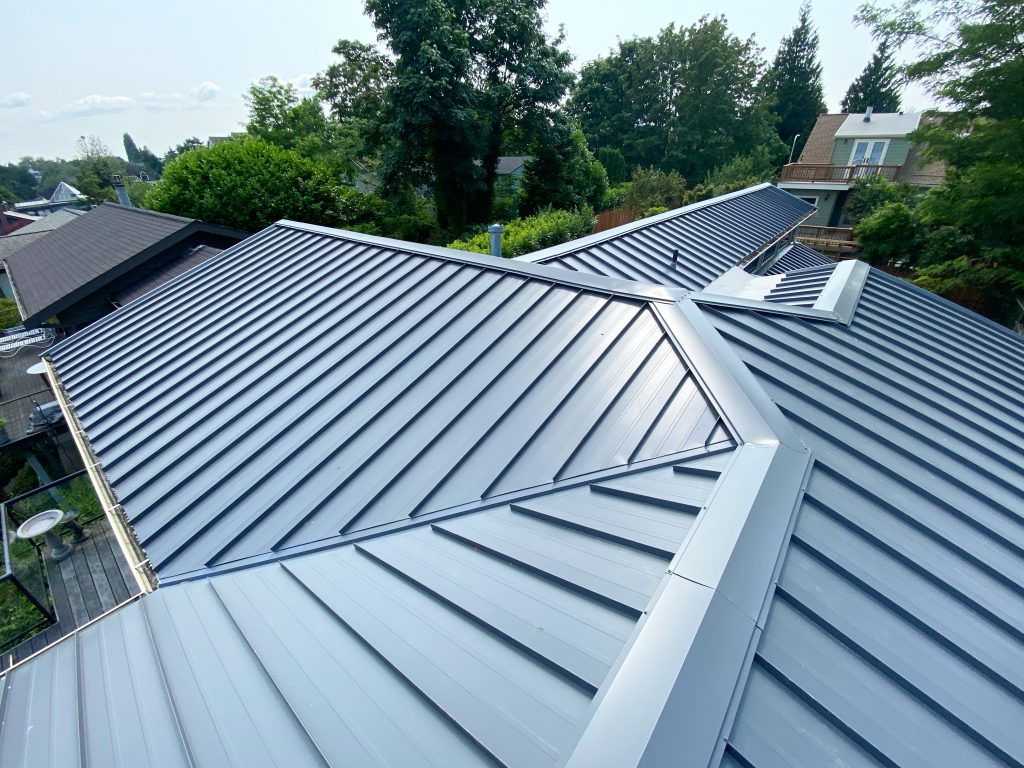Within the wider construction industry, roofing is the 16th biggest branch. Once made of straw, leaves, and branches, today’s commercial roofs are made more sophisticated and durable. Old or modern roofing systems share one common goal: to protect commercial buildings from external conditions like bad weather. Other than this shared quality, the size, slope, and materials of commercial roofs can differ greatly.
Commercial roofs can be made from different materials that provide resistance against extreme weather conditions and keep your heating and cooling costs low. Read on to learn which materials work the best for which commercial property and how to choose the right option for you.



